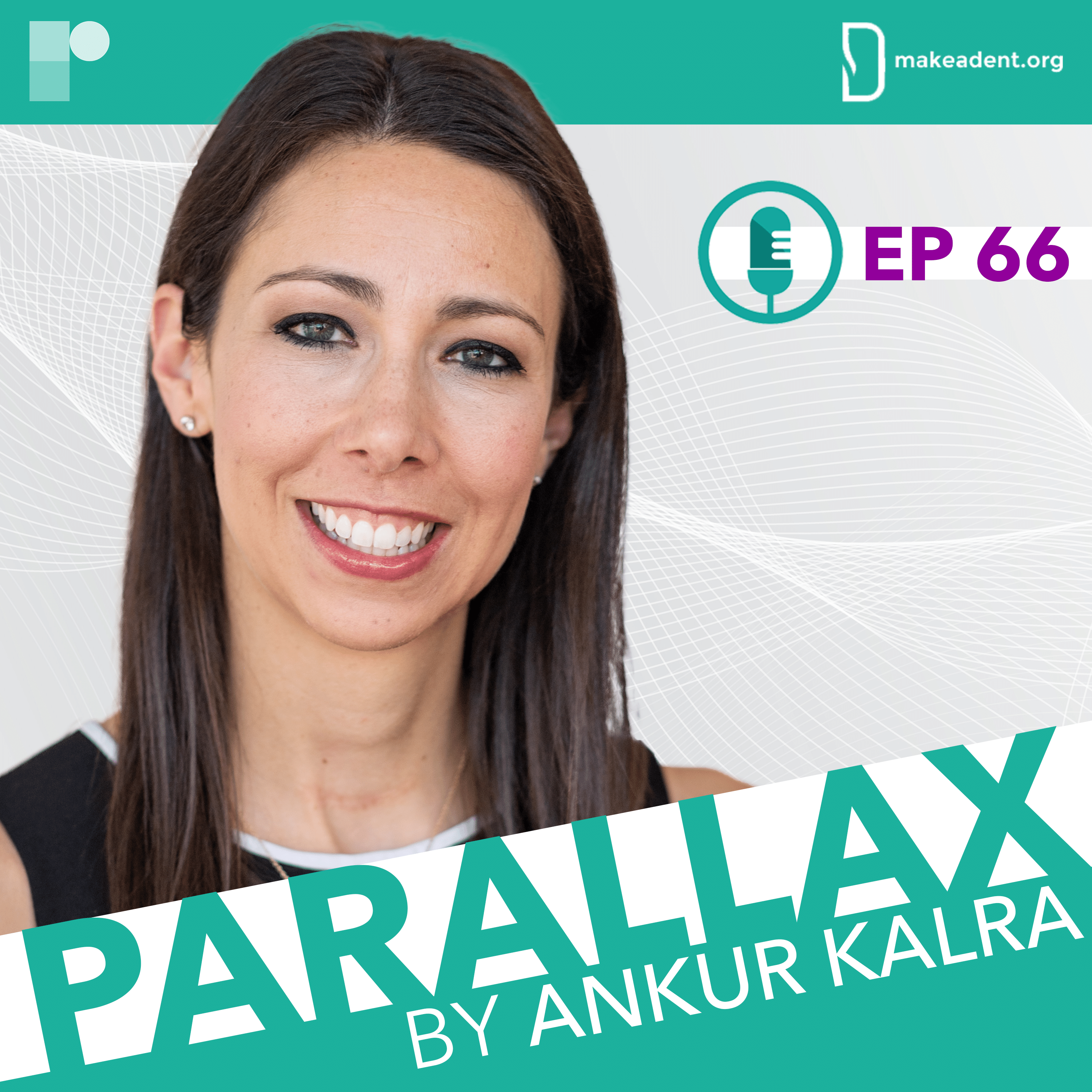
How can you navigate challenges whilst keeping an eye on your goals and your mission?
This week’s guest on Parallax is Dr Nadia Sutton, Assistant Professor in the Department of Internal Medicine, Division of Cardiovascular Medicine, Section of Interventional Cardiology at University of Michigan.
In this engaging and constructive episode, Nadia recalls her journey to medicine and reflects on the life decisions she had to make along the way: What is the career path that will get us closer to our mission? When is the right time to start family planning? How can we develop resilience in face of rejection? Nadia recalls the conversations with her colleagues and mentors as she progressed in her career. She talks about the practical aspects of tenure track and grant application. Ankur and Nadia discuss the importance of goal setting and exercising a positive mindset.
Questions and comments can be sent to “podcast@radciffe-group.com” and may be answered by Ankur in the next episode.
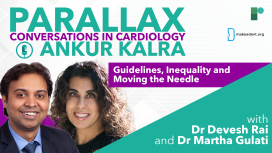
Dr Ankur Kalra’s guests this week are Dr Martha Gulati, internationally recognized cardiologist specializing in Women and Heart Disease, Heart Disease Prevention and Dr Devesh Rai, first year cardiology fellow at Rochester General Hospital.


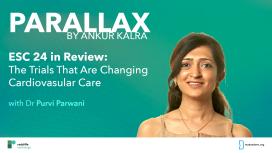
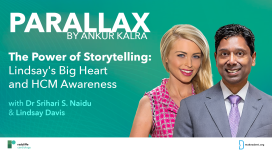
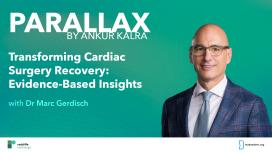
Dr Gerdisch shares insights into his research on rigid sternal fixation and enhanced recovery protocols, which have shown promising results in postoperative pain management and patient recovery.
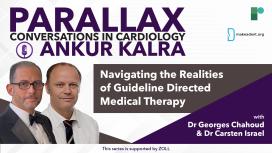
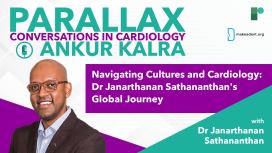
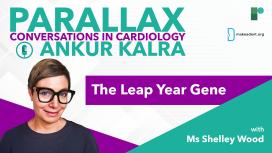

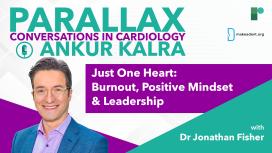

Parallax’s guest this week is Dr Eric David Adler, Medical director of heart transplant and mechanical circulatory support at UC San Diego Health.

How did Dr Gragossian receive her diagnosis? How does she feel about her new reality? What drives her? What is her message to our listeners?

Just after 9/11, Heval, the 18-year-old Syrian Kurdish refugee found a job as a dishwasher. At this point, he was the sole provider of his family. The pressure that comes from being poor did not leave him for many years. Today, he is firm believer in giving back to underserved communities by spreading awareness within the medical community. As he says, well-meaning people of privilege are sometimes afraid to act. What we need is more people to bridge the gap and find ways to help each other.

What drives Dr Nishtha Sodhi? What were the formative moments of Dr Sodhi’s career? What are the new frontiers of cardiology?






